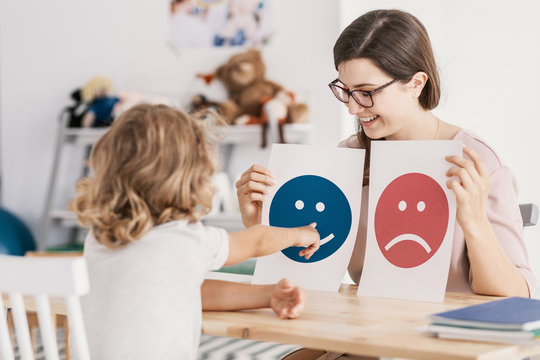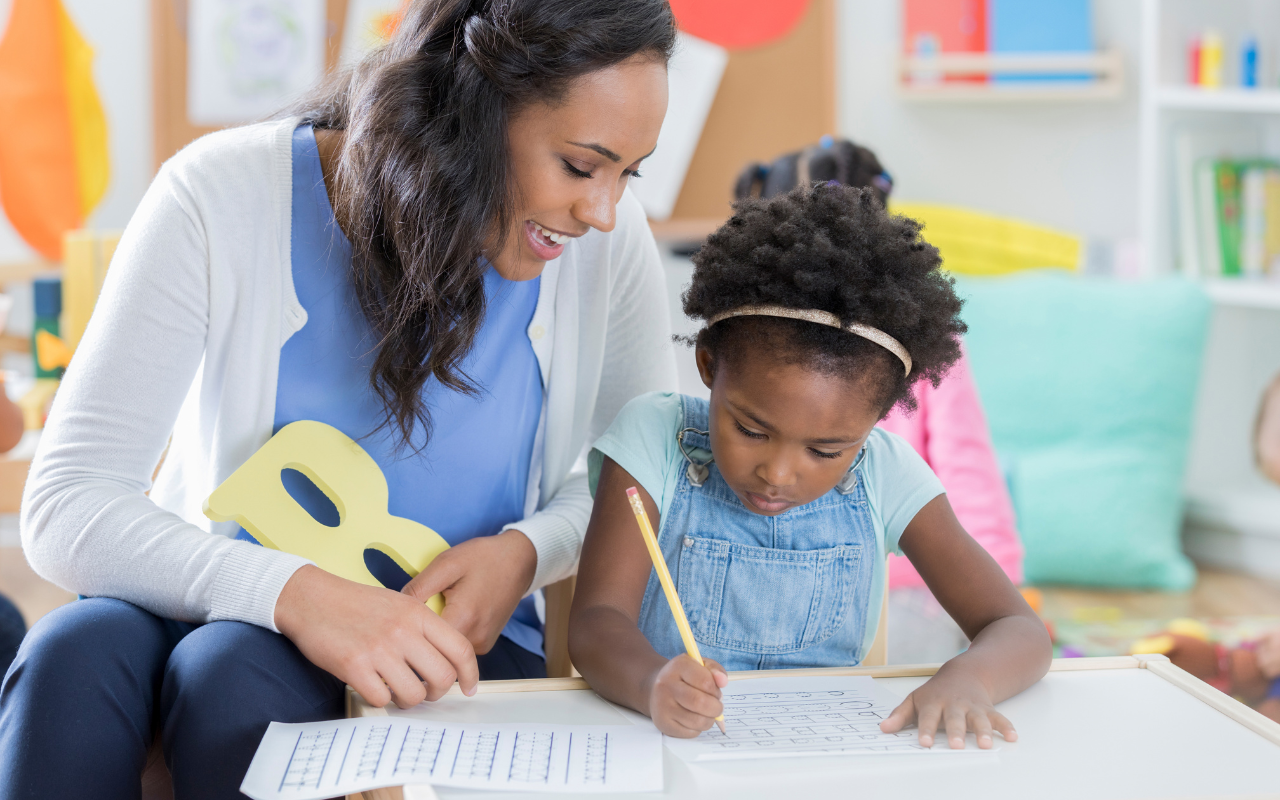Developing Emotional Intelligence in Kids: Essential Skills
Developing emotional intelligence in kids is crucial for their social skills, stress handling, and academic success. Help them recognize emotions and manage triggers. Teach self-regulation techniques like deep breathing and journaling. Encourage empathy by engaging in activities that build connections and social skills. Support emotional awareness to control reactions and navigate feelings effectively. Foster resilience by teaching problem-solving and positive coping strategies. Embrace setbacks with a growth mindset. Enhance communication through active listening and conflict resolution skills. Practice mindfulness to understand emotions and foster empathy. Learn more about essential skills for emotional intelligence in children.
Key Takeaways
- Teach self-awareness and self-regulation techniques like deep breathing and journaling.
- Promote empathy through activities fostering emotional connection and social skills.
- Encourage recognizing and managing emotions effectively for better emotional navigation.
- Build resilience by embracing setbacks positively and developing coping strategies.
- Enhance communication skills and conflict resolution through active listening and problem-solving approaches.
Importance of Emotional Intelligence

Understanding the importance of emotional intelligence in children can greatly impact their overall well-being and success in various aspects of life. Emotional intelligence impacts how kids navigate social interactions, manage stress, and cope with challenges.
Developing emotional intelligence from a young age equips children with the necessary tools to recognize and understand their emotions effectively. When kids are in tune with their feelings, they can communicate better, build stronger relationships, and exhibit empathy towards others.
The benefits of EQ extend beyond childhood and into adulthood, influencing academic performance, career success, and mental health.
Self-Awareness and Self-Regulation
Developing self-awareness and self-regulation skills is key for children to effectively manage their emotions and behaviors. Self-awareness involves recognizing one’s own emotions, understanding their impact, and identifying triggers. Encouraging self-reflection in kids through activities like journaling or discussing feelings can help them become more attuned to their emotional states.
Self-regulation, on the other hand, involves the ability to control impulses, manage stress, and think before acting. Teaching children impulse control techniques such as deep breathing exercises or counting to ten when feeling overwhelmed can empower them to make more thoughtful choices in challenging situations.
Empathy and Social Skills
Let’s talk about ways to help your child develop empathy and social skills.
Engaging in empathy-building activities, teaching how to navigate social interactions, and practicing kind communication are key.
These strategies can empower your child to understand others’ feelings and form positive relationships.

Empathy Building Activities
To cultivate empathy in children, engaging in activities that encourage perspective-taking and emotional understanding can be highly beneficial. Empathy role-playing and hands-on activities are effective ways to help kids develop empathy. By pretending to be in someone else’s shoes, children can better understand different perspectives and feelings.
Creative empathy exercises, such as storytelling or drawing emotions, can also enhance a child’s ability to empathize with others. Real-life scenarios, like discussing how a friend might feel in a certain situation, provide practical opportunities for kids to practice empathy.
Encouraging children to participate in activities that promote empathy not only helps them understand and connect with others on a deeper level but also fosters kindness and compassion. These activities can be integrated into daily routines or structured as dedicated empathy-building sessions.
Teaching Social Interactions
Encouraging children to understand and navigate social interactions involves nurturing empathy and developing essential social skills. Role playing scenarios can be a fun and effective way to teach kids how to recognize and respond to different emotions in others. By putting themselves in someone else’s shoes, children can learn to empathize and understand different perspectives.
Peer support groups provide a safe space for children to share their feelings and experiences, fostering empathy and emotional connection. Team building exercises help kids learn to cooperate, communicate effectively, and appreciate the strengths of others.
Through group problem-solving activities, children can enhance their social skills by working together to find solutions and compromise.
Practicing Kind Communication
Practicing vital communication is essential for developing empathy and social skills in children. By using positive reinforcement and active listening, you can create a safe space for your child to express themselves openly.
When your child feels heard and understood, they’re more likely to develop empathy towards others.
Offering compassionate feedback is another critical aspect of kind communication. Encourage your child to reflect on how their words and actions impact those around them. By fostering this awareness, you help them build stronger social skills and cultivate a sense of empathy towards others’ feelings.
It’s also important to set respectful boundaries when communicating with your child. By establishing clear guidelines for acceptable behavior, you teach them the importance of mutual respect in interactions. This not only supports their emotional development but also lays the foundation for healthy relationships as they grow older.
Practicing kind communication is a powerful tool in nurturing empathy and social skills in children.
Recognizing and Managing Emotions

Helping kids understand and control their feelings is an essential aspect of developing emotional intelligence. Emotion recognition involves being able to identify and understand various emotions, which is the first step in managing them effectively. By teaching children to recognize their emotions, you empower them to navigate their feelings in a healthy way.
Understanding feelings allows kids to acknowledge what they’re experiencing internally. Encourage them to label their emotions, whether it’s happiness, anger, sadness, or frustration.
Controlling reactions is the next crucial skill to teach. Once children can identify their emotions, guide them on how to respond appropriately. This involves teaching them techniques such as deep breathing or taking a moment to calm down before reacting impulsively.
Building Resilience and Coping Strategies
It’s important to help your child build resilience and learn healthy coping strategies as they navigate life’s challenges.
Encouraging them to face setbacks positively can foster a strong mindset and emotional well-being.
Resilience Through Challenges
When facing challenges, children can develop resilience by learning coping strategies that help them navigate difficult situations with strength and adaptability. Overcoming obstacles is an essential part of growth, and teaching children how to bounce back from setbacks is a valuable life skill. Resilience is like a muscle that can be strengthened through practice and experience. Encouraging kids to face challenges head-on, rather than avoiding them, can build their confidence and ability to handle adversity.
One way to foster resilience in children is by helping them develop problem-solving skills. By teaching kids how to break down a problem into smaller parts and brainstorm possible solutions, they can approach challenges with a more positive mindset.
Additionally, providing emotional support and validation during tough times can make a significant difference in how children perceive and respond to difficulties.
Healthy Coping Mechanisms
To build resilience and develop healthy coping strategies in children, it’s essential to provide them with the tools and support needed to navigate challenging situations effectively. Stress management is an important skill that can be taught through various techniques such as deep breathing, mindfulness, or engaging in physical activities. By learning how to manage stress, children can better handle difficult emotions and situations.
Relaxation techniques like guided imagery or progressive muscle relaxation can also help children calm their minds and bodies when feeling overwhelmed. Encouraging healthy boundaries is another significant aspect of coping mechanisms. Teaching children to assert their needs, say no when necessary, and communicate openly can empower them to navigate relationships and conflicts more effectively.
Emotional regulation is a key component of coping strategies, as it helps children understand and manage their feelings in a healthy way. By teaching children how to identify their emotions, express them constructively, and regulate their reactions, they can develop resilience and face challenges with confidence.
Embracing Setbacks Positively
Embracing setbacks positively is a crucial aspect of building resilience and developing effective coping strategies in children. Encouraging a positive mindset when faced with challenges helps kids cultivate a growth mindset, where setbacks are viewed as opportunities for learning and growth. It’s important to teach children that setbacks are a natural part of life and that how they respond to these setbacks can greatly impact their overall well-being.
By instilling a positive outlook on setbacks, children learn to adapt, problem-solve, and persevere through difficult situations. They develop resilience, the ability to bounce back from adversity stronger than before. When children embrace setbacks with a growth mindset, they’re more likely to seek solutions, ask for help when needed, and remain optimistic in the face of obstacles.
Helping children see setbacks as temporary hurdles rather than insurmountable barriers empowers them to navigate life’s challenges with confidence and determination. Embracing setbacks positively not only builds resilience but also fosters a mindset that embraces continuous learning and personal growth.
Communication and Conflict Resolution

Developing effective communication skills and conflict resolution strategies is vital for nurturing emotional intelligence in kids. By teaching children active listening and problem-solving strategies, you equip them with the tools needed to navigate interpersonal challenges successfully.
Active listening involves fully concentrating on what the other person is saying, showing empathy, and seeking to understand their perspective before responding. This skill helps children not only comprehend the emotions behind the words but also fosters trust and respect in their relationships.
Effective communication goes beyond just speaking; it involves expressing thoughts and feelings clearly, using appropriate language for different situations, and being mindful of non-verbal cues. Teaching kids how to communicate assertively yet respectfully can prevent misunderstandings and promote healthy interactions.
Conflict resolution is another important aspect of emotional intelligence. Encouraging children to approach conflicts with a problem-solving mindset, rather than resorting to aggression or avoidance, empowers them to find mutually beneficial solutions and strengthens their emotional resilience.
Practicing Mindfulness and Emotional Awareness
Practicing mindfulness and emotional awareness involves tuning into your feelings and thoughts with curiosity and acceptance, fostering a deeper understanding of yourself and others.
Engaging in mindfulness practices can greatly contribute to emotional well-being by helping you become more aware of your emotions and how they influence your actions. By practicing self-reflection, you can develop a greater understanding of your emotional responses and learn to manage them effectively.
Emotional awareness is an essential skill that allows you to navigate complex social interactions and build healthier relationships. When you’re in tune with your emotions, you can communicate more effectively and empathize with others’ feelings. Self-reflection plays a key role in developing emotional intelligence, as it encourages introspection and a deeper understanding of your emotional triggers.
Incorporating mindfulness practices into your daily routine can enhance your emotional well-being and help you regulate your emotions more effectively. By fostering emotional awareness and self-reflection, you can cultivate a greater sense of empathy and understanding towards yourself and those around you.
Frequently Asked Questions
How Can Parents Encourage Emotional Intelligence in Children Without Being Overbearing?
To help your child develop emotional intelligence without being overbearing, offer parental guidance while allowing room for emotional growth. Balance nurturing independence with providing support and understanding to foster a healthy, self-aware relationship with emotions.
Are There Any Specific Activities or Games That Can Help Develop Emotional Intelligence?
To develop emotional intelligence in children, engage them in role playing exercises to understand different perspectives and interactive storytelling games to explore emotions. These activities foster empathy, communication, and self-awareness in a fun way.
What Are Some Signs That a Child May Be Struggling With Emotional Intelligence?
If you notice behavioral changes like frequent outbursts or withdrawal, communication issues such as difficulty expressing emotions, struggles in social interactions, or lack of self-awareness, your child may be struggling with emotional intelligence.
Can Emotional Intelligence Be Taught Effectively in a Classroom Setting?
Yes, emotional intelligence can be effectively taught in a classroom setting. Role-playing scenarios, group discussions, peer mentorship, and mindfulness exercises are valuable tools. These methods help kids learn to navigate emotions, develop empathy, and build social skills.
How Can Technology Be Used to Enhance Emotional Intelligence in Children?
To enhance kids’ emotional intelligence, utilize tech tools like interactive apps for learning empathy and social skills. Virtual role play and simulations help them practice managing emotions effectively in a safe, engaging way.
Conclusion
To sum up, fostering emotional intelligence in kids is crucial for their overall well-being and success in life. By emphasizing skills like self-awareness, empathy, and resilience, children can learn to identify and regulate their emotions effectively.
Promoting open communication, teaching conflict resolution, and practicing mindfulness can assist them in overcoming obstacles and forming strong relationships.
Nurturing emotional intelligence from an early age will pave the way for a brighter future.

Hey there! 👋 I’m a proud mom and passionate writer, sharing my parenting journey. 📝 Join me as I navigate the ups and downs of motherhood, offering tips, advice, and a sprinkle of humor along the way. 🌟







